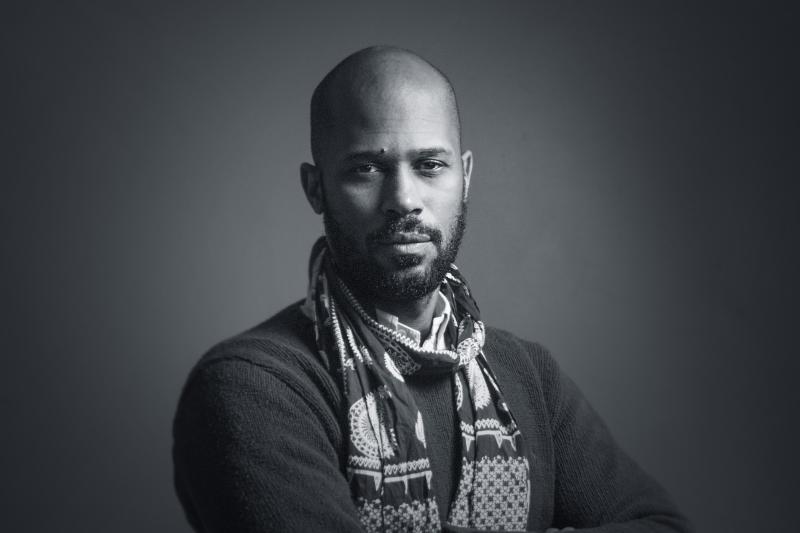
I have two young children and, since schools stopped, I had to learn how to become a teacher; even though life has been disrupted I wanted to make sure their education is going forward. My wife Isis Nyong’o had been going through a merger so she was extremely busy.
Lucky enough, I taught at Rutgers University in the United States years ago, and so I understand the idea of developing a plan. Thanks to my psychology degree, I also know about development and how children learn. I was able to come up with a study plan. Obviously, we’re not as good as the real teachers, the people who have been trained in it, but we’re trying our best and the kids have been motivated; I think they’ve been happy to spend more time with dad.